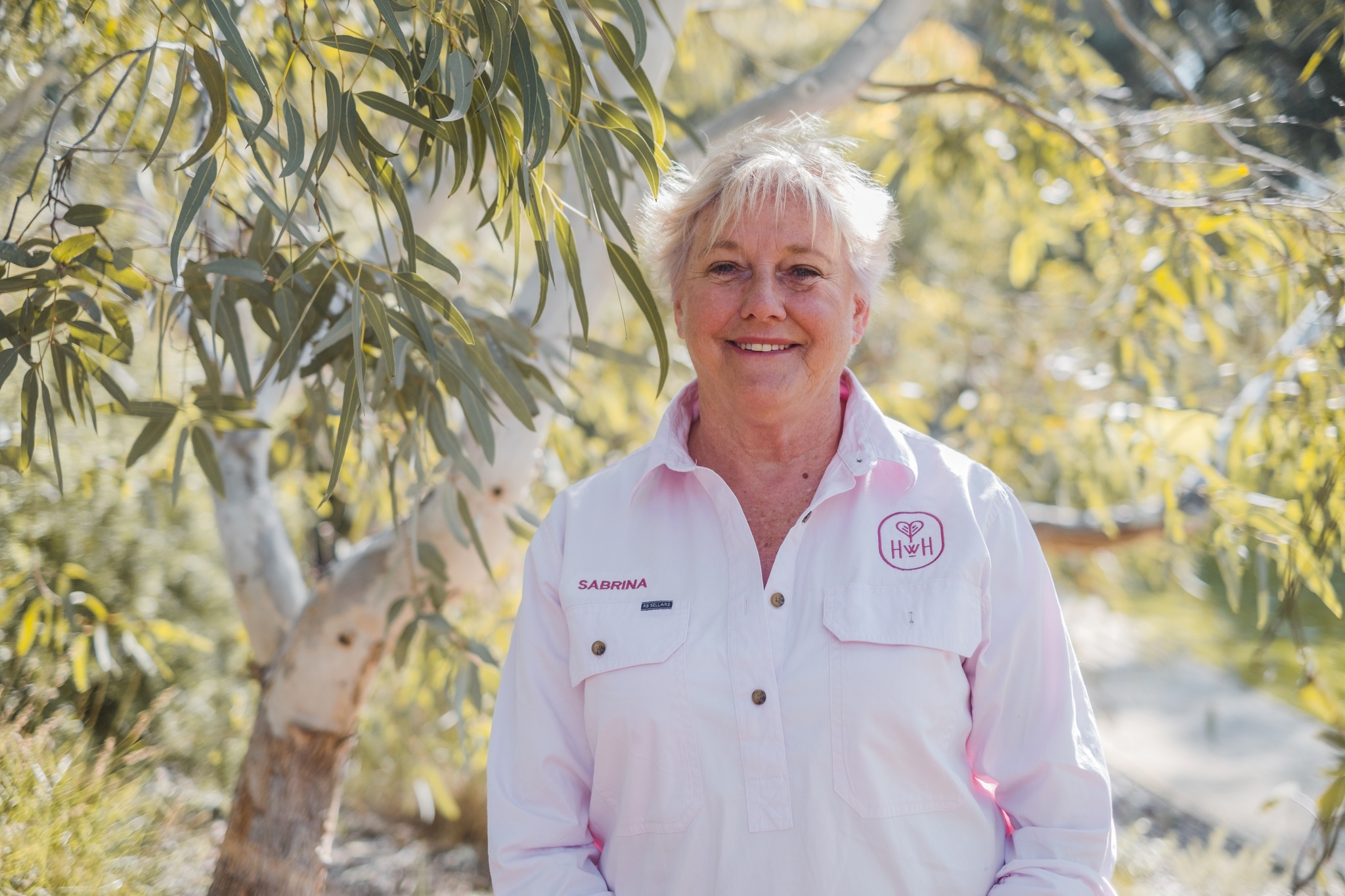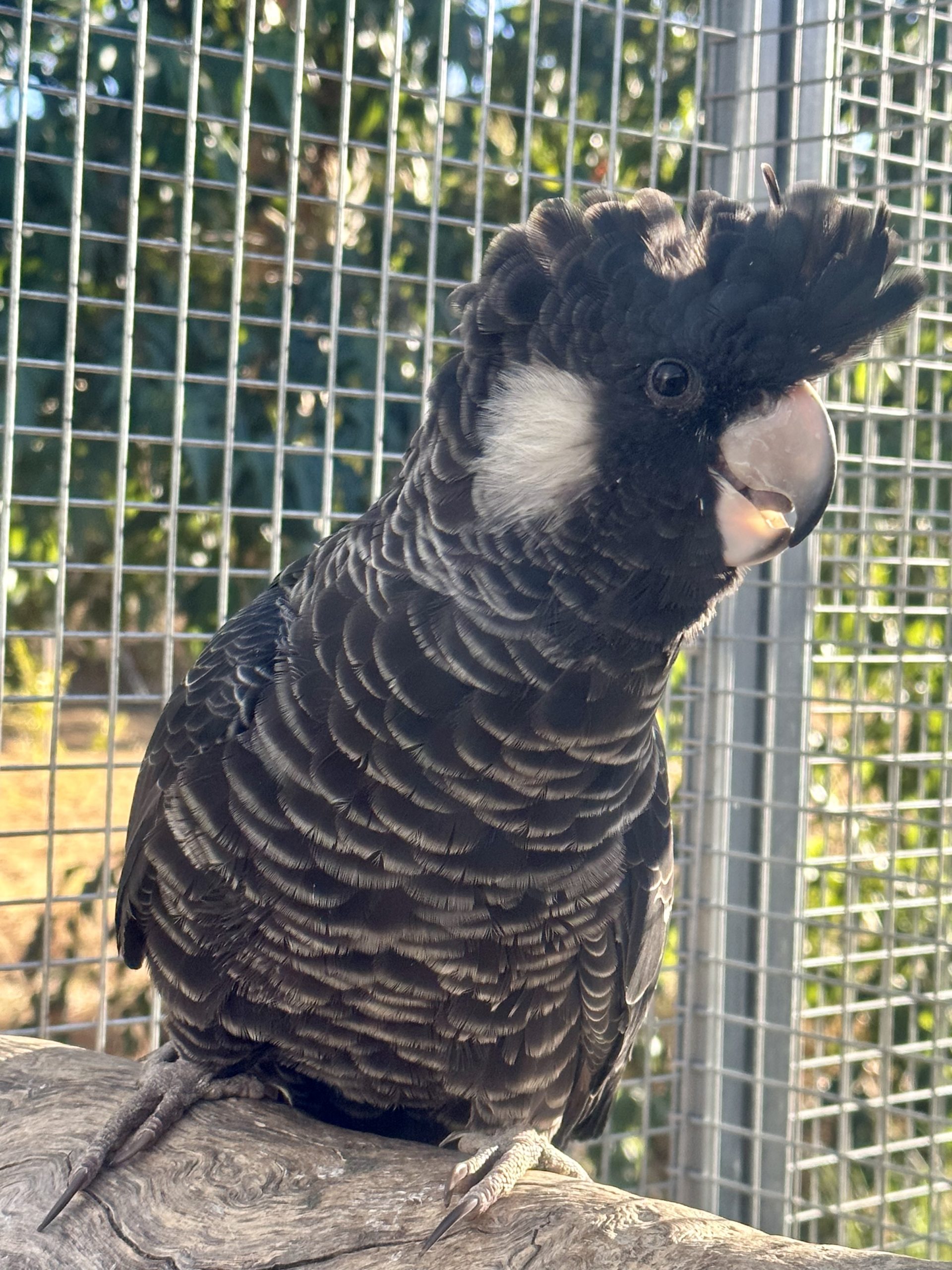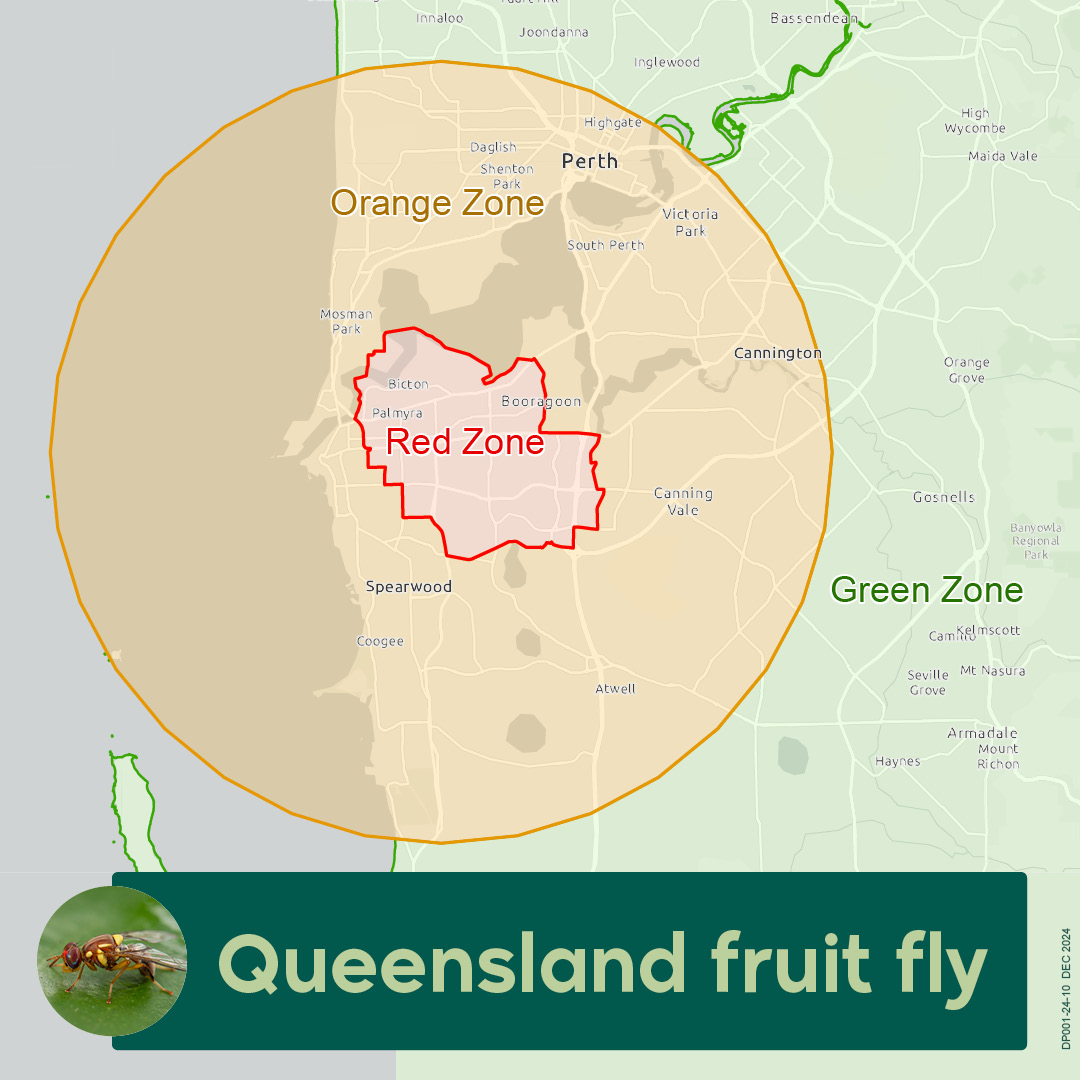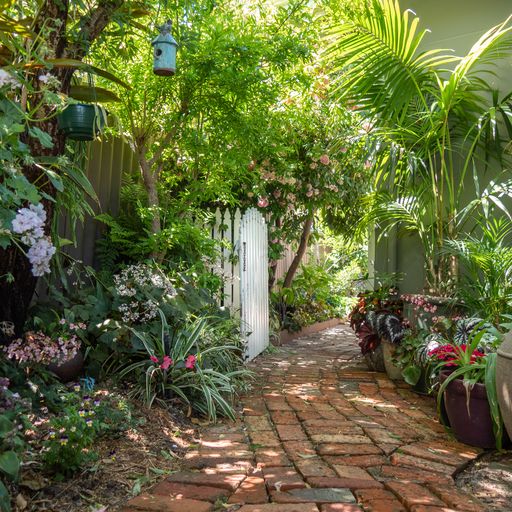Pomegranates are becoming increasing popular because they are very hardy and TV cooking programs are using them more regularly. I think many gardeners didn’t actually know what to do with them, apart from throw a few seeds into a salad. All these new cooking competition shows have made the humble pomegranate pretty sexy. Throughout history they have been a wonder food and are very high anti-oxidants and vitamins.
The Ancient Greeks and Romans certainly thought pomegranates were a hot item to have on the dining table. The Fruit of the Gods was deemed to be an aphrodisiac because of its abundance of seed and the luscious deep red colouring. One simply couldn’t have an extravagant feast without pomegranates adorning the table. One probably also had slaves plucking the seeds out for ones dining pleasure.
Pomegranates originate from Iran and grow as far as northern India. Being very adaptable however, they will grow just about anywhere in WA. They need rain-free hot summers, free draining soil and once established will tolerate frosts up to -9 degrees.
There are a few different varieties, some are tall shrubs, others that can be trained as a single stemmed small tree. The fruit can range from being sweet or bitter and the seed varies from soft to very hard. It may be hard to find any other variety other than Wonderful, but Dawson’s Garden World and Tass 1 Trees have the largest range of pomegranates available in Perth.
Wonderful: slightly acidic but nice soft seeds on a medium sized fruit.
Gulosha Azerbaijani: a great variety with very large fruit light pink skin and large juicy seeds.
Gulosha Rosavaya: in my opinion the very best variety because of the balance between acid and sweet flavours, having large red juicy seeds.
Pomegranates are one of the fruits that get sweeter and juicier at post harvest stage. Fruit should never be left on the tree until it splits, but harvest when it has good colour.
You can propagate pomegranates for hardwood cuttings in winter about 20cm long. When they are ready for planting out, train them to a single stem and prune annually during winter months. Your tree will produce fruit in its fourth year. Apply a good fertiliser with high potassium every four weeks from spring to the end of summer. Fruits will ripen from March to May.
Rats love pomegranates; they eat out the entire inside, leaving the hard outside for you, how very considerate. Last year I tried the exclusion bags, which they ate as well. This year I think I will take to strangling their necks or feeding them alive to snakes.



